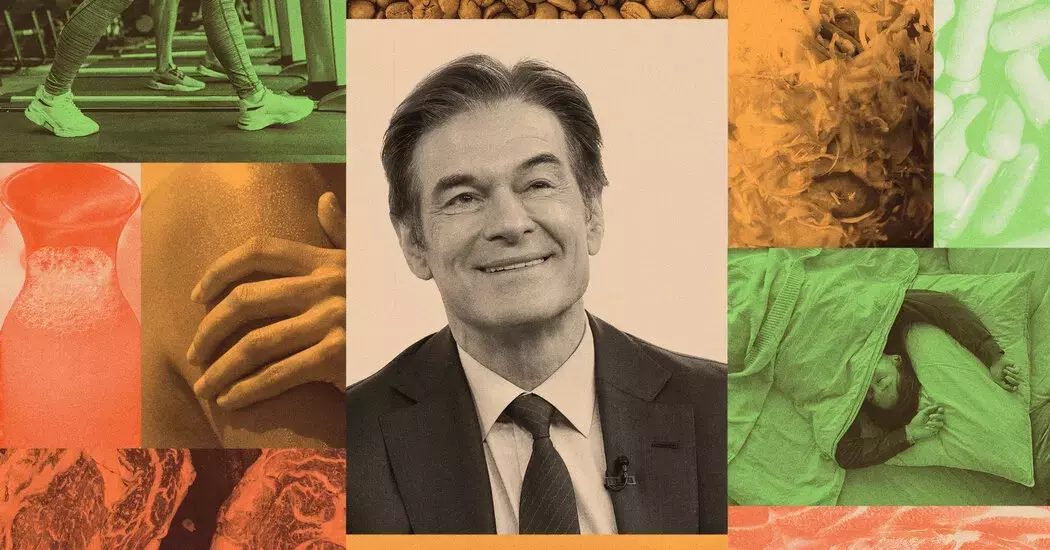
In a comprehensive evaluation, the health advice provided by Dr. Mehmet Oz has been analyzed for its scientific validity and practical implications. Over more than a decade of television appearances, Dr. Oz has shared various recommendations on topics like probiotics, weight loss, heart health, and preventive care. His transition from a heart surgeon to a media personality has drawn attention, especially as he is considered for significant roles in public health administration. While much of his advice aligns with established health practices, some claims have raised eyebrows due to insufficient evidence or potential conflicts of interest.
A Closer Look at Dr. Oz's Recommendations
In the vibrant landscape of modern health discourse, Dr. Mehmet Oz emerged as a prominent figure advocating for personal health empowerment. Spanning over 13 seasons of "The Dr. Oz Show," which aired from 2009 to 2022, Dr. Oz offered an array of dietary, exercise, and supplement suggestions. As a candidate for leading Medicare and Medicaid services, overseeing programs affecting millions across the nation, his focus on prevention resonates with broader health agendas. However, a meticulous review of his extensive public statements reveals a mixed bag of scientifically grounded advice and unverified claims. Experts consulted emphasized that while many of his recommendations align with well-established health principles, others lack substantial evidence, sometimes even linked to financial interests, prompting concerns among medical professionals about possible influences on policy decisions.
From a journalistic perspective, this analysis of Dr. Oz’s health advocacy underscores the importance of critically evaluating health information disseminated through media channels. It highlights the need for both providers and consumers of such information to prioritize evidence-based practices. For readers, it serves as a reminder to seek multiple sources and consider expert opinions when adopting new health strategies. The case of Dr. Oz exemplifies the delicate balance between promoting wellness and ensuring scientific integrity in health communication.
